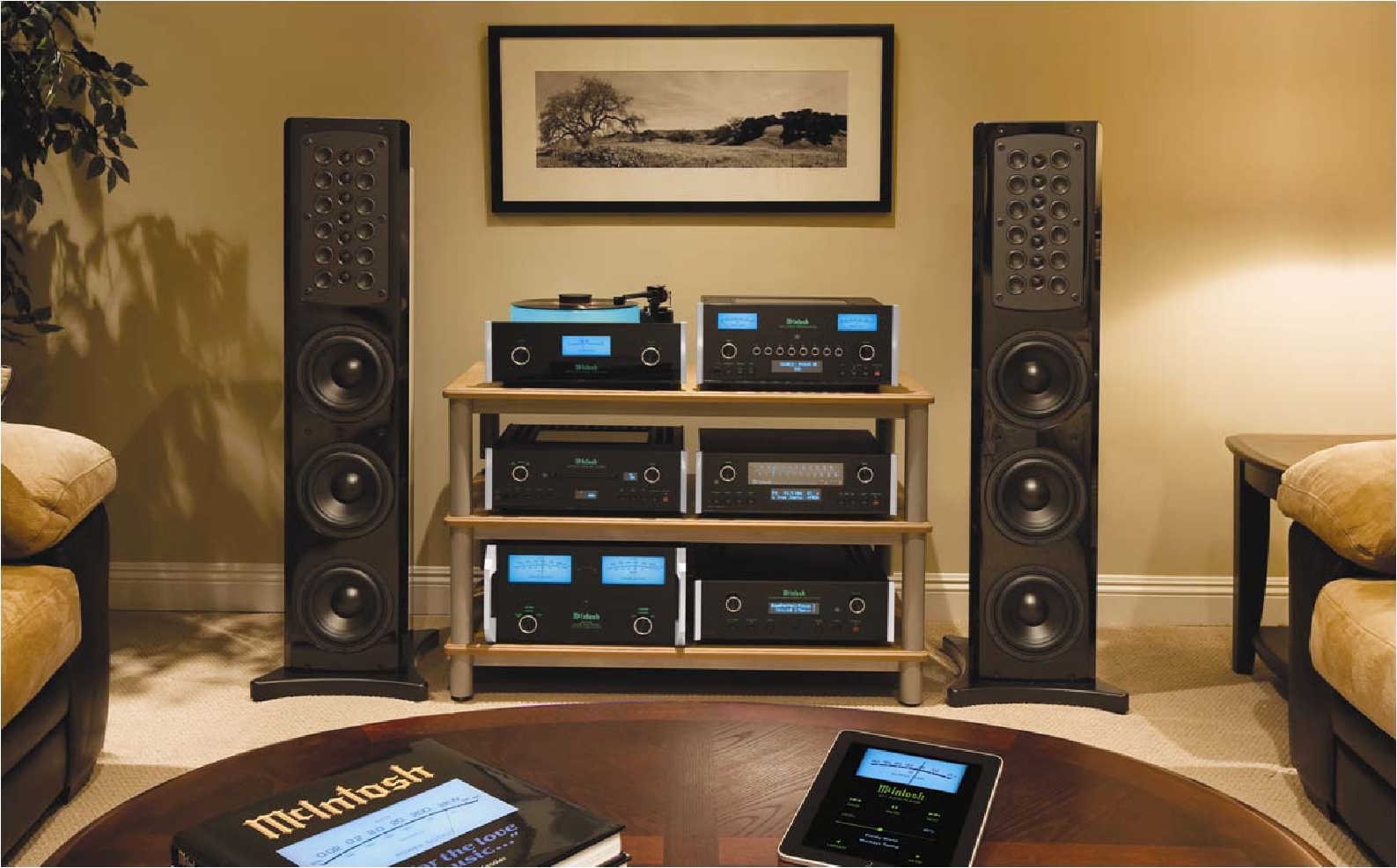Renter’s insurance (or tenant’s insurance) provides important protection for your property. Sometimes your lease requires it, sometimes not, but it’s almost always a good idea. It’s also not too expensive — often only $300 per year, or $25 per month, for $50,000 in protection. And it has some great features. Did you know that many renter’s insurance policies will cover damage to your property outside your home? They do (albeit usually not at 100% of the amount of the loss).
A basic policy will reimburse you for losses to your personal property, costs incurred due to loss of use and personal liability for injuries to others (covered losses) that result from the occurrence of certain events (named perils).

Source: Wikipedia
Named perils under most policies include fire, theft, vandalism, certain weather events (but not all), and water damage resulting from plumbing or appliance failure. If the covered loss occurs as a result of a named peril, you’ll file a claim with your carrier and work with them to get reimbursed.
Sounds simple, right? It’s not. There are some things you should do to make sure you get the coverage you need. The most important one is to read the policy. Don’t be intimidated, and don’t be afraid to ask questions. You’re the customer, and you’ve got a right to know what you are — and aren’t — buying.
With that in mind, here’s our top 4 tips for getting the most out of your renter’s insurance policy:
(1) Maximize coverage for the losses you care about most. Most policies have coverage limits for different kinds of property — for example, only $1,000 for jewelry, or $2,500 for business equipment or inventory at the home. That may not be enough to make you whole, and you don’t want to have bought a policy with a $50,000 limit only to have $1,000 of your $4,000 claim for your jewelry paid out. Similarly, if you work from home and your work requires high-priced technology (for example, a 3-D printer and high-powered computer), your renter’s policy may not reimburse you nearly enough.

Source: high-end-audio-products.blogspot.com
An important concept here is replacement value vs. actual cash value. Your policy may pay you the actual value of your property (actual cash value) or an amount sufficient to buy a replacement (replacement value). The actual cash value of your 10-year old sofa may not nearly equal the cost of buying a new version of the same sofa; if your policy provides actual cash value you’ll have to make up the difference yourself. An actual cash value policy will likely be cheaper than the replacement value policy, but you get what you pay for.
You can buy a policy that covers everything under the sun. A better solution, though, may be to buy a basic policy and then buy additional coverage for the risks you care about. If you have expensive jewelry, you can buy “high value item” coverage (note you may need to get the item appraised). If you have property that depreciates quickly you should consider a policy that pays replacement value rather than actual cash value (or buy specific coverage for it).
(2) Prepare the info you’ll need to make a claim when you get the policy. Make a list of your property — with pictures or video for the expensive stuff — when you sign up for the policy. You’ll need it to prove that (a) you owned the property as to which you’re claiming losses at the time the loss occurred and (b) the property wasn’t already damaged at the time the loss occurred. This may seem tedious but if you haven’t done it you’ll have a hard time getting your carrier to pay out on your claim, which defeats the purpose of having the policy in the first place. There are several online tools for this – for example, the Insurance Information Institute has a good free tool.
(3) See what you can do to lower your premium. Many renter’s insurance policies will reward you with you a lower premium if you have (or install) a deadbolt on your door, or have smoke detectors in the apartment. You can also have a relatively higher deductible. Ask your broker what you and he or she can do (and whether you’re eligible for any discounts!).

Source: www.t3.com
Also, if you own any other kinds of insurance (for example, car insurance), see if you can add renter’s insurance from that carrier. It’s almost always cheaper this way, and you may be eligible for better deals if you have a relationship with that carrier.
(4) Know what benefits your policy provides, and don’t be afraid to use them. A good policy does all kinds of helpful things over and above reimbursing you for covered losses. It can cover damage you do to other people’s property (that doesn’t mean you should do that, though). If you have to vacate your home due to damage, your policy may cover emergency living expenses while you’re out of your home. Keep your policy with your important documents so that you can access it quickly in case of emergency.
Disclaimer: this post is not intended to be and does not constitute legal advice and you should not use it for that purpose.
_______________________________________________________________________________________
Think insurance is exotic? Go enjoy some of New York’s best ethnic food markets.
Want some more rental advice? See our list of 10 things not to forget when you’re looking at apartments.




